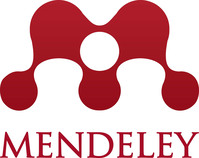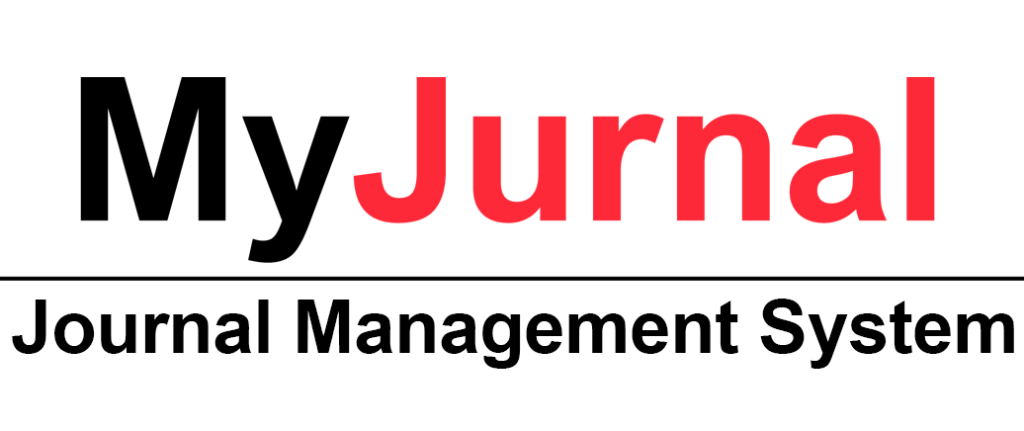Modeling Humanizing Education Through Newly Reviewed Materials Engineering Curriculum
DOI:
https://doi.org/10.31436/ijes.v9i3.409Keywords:
Engineering education, Humanising education, Sejahtera Academic Framework, Curriculum reviewAbstract
In line with the current global focus on sustainability and the well-being of the planet, becoming a professional engineer nowadays requires more than simple mastery of technical skills. Considering that engineers are required to have a deep sense of responsibility not only for humankind but also for the environment, engineering education and practices must be reformed substantially to prepare engineers that will contribute to sustainable development. This necessitates updating conventional engineering programs (CEE) to incorporate Humanizing Engineering Education (HEE). Although HEE is an old practice of individual engineers and other organizations outside the academic field, it is relatively new in academic engineering. While the definition of what truly merits being considered HEE remains debatable, many engineers believe that their work involves a humanitarian aspect. To streamline the development of HEE, there is a need for developing guidelines and frameworks for a comprehensive model. Ideally, that framework should integrate humanizing pedagogy in the new curriculum design. The objective of the paper is to share the experience of the authors in designing a new curriculum for a Materials Engineering Programme (MEP) that is embedded with Humanitarian Engineering (HE), which is among the main elements of HEE. Data collection was through interviews, qualitative surveys, reports from the stakeholders, accreditation bodies and benchmarking with other Higher Learning Institutions (HLI). An extensive scholarly literature review was executed to identify shortcomings in CEE and how it could be reformed by integrating it with HEE. The Sejahtera Academic Framework (SAF); a strategic framework for academic programmes developed by the university, was used as a reference to customize MEP to better meet students’ needs. Since the proposed model applies a new emerging concept, it inevitably raises challenges related to different levels of understanding among course implementers and perceptions of external stakeholders. Moreover, the developers had to consider the limitations imposed by the university's policies and structures while acknowledging the availability of finite resources (i.e. time, money, equipment, and expertise).
Metrics
Downloads
Published
How to Cite
Issue
Section
License
Copyright (c) 2021 IIUM Press, International Islamic University Malaysia

This work is licensed under a Creative Commons Attribution 4.0 International License.
The Journal will own copyright to all published works and have the right of first publication, both in print and online, unless other arrangements are made with the Editors in advance. It is the author`s responsibility to ensure that where copyright materials are included within an article the permission of the copyright holder has been obtained beforehand.






















